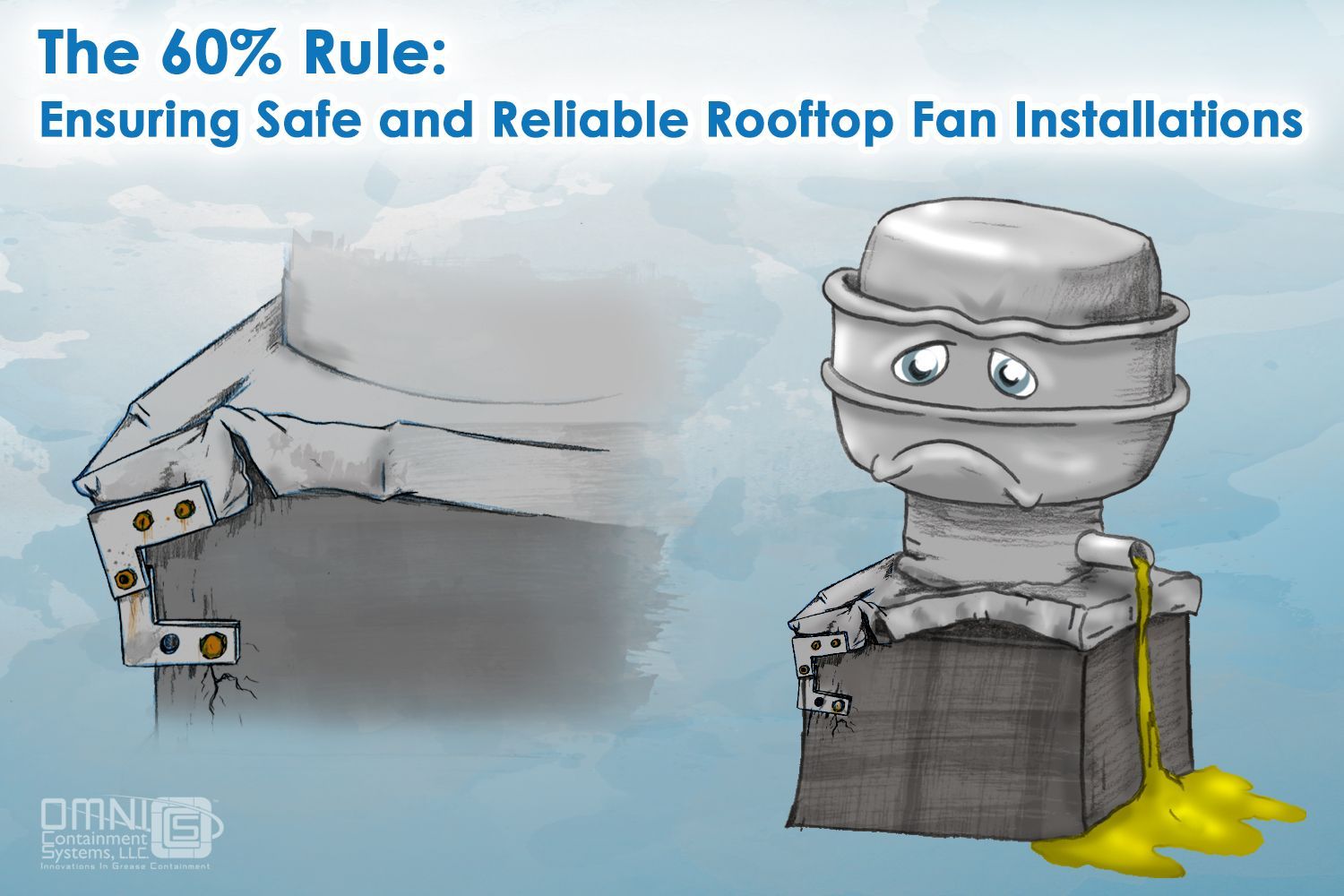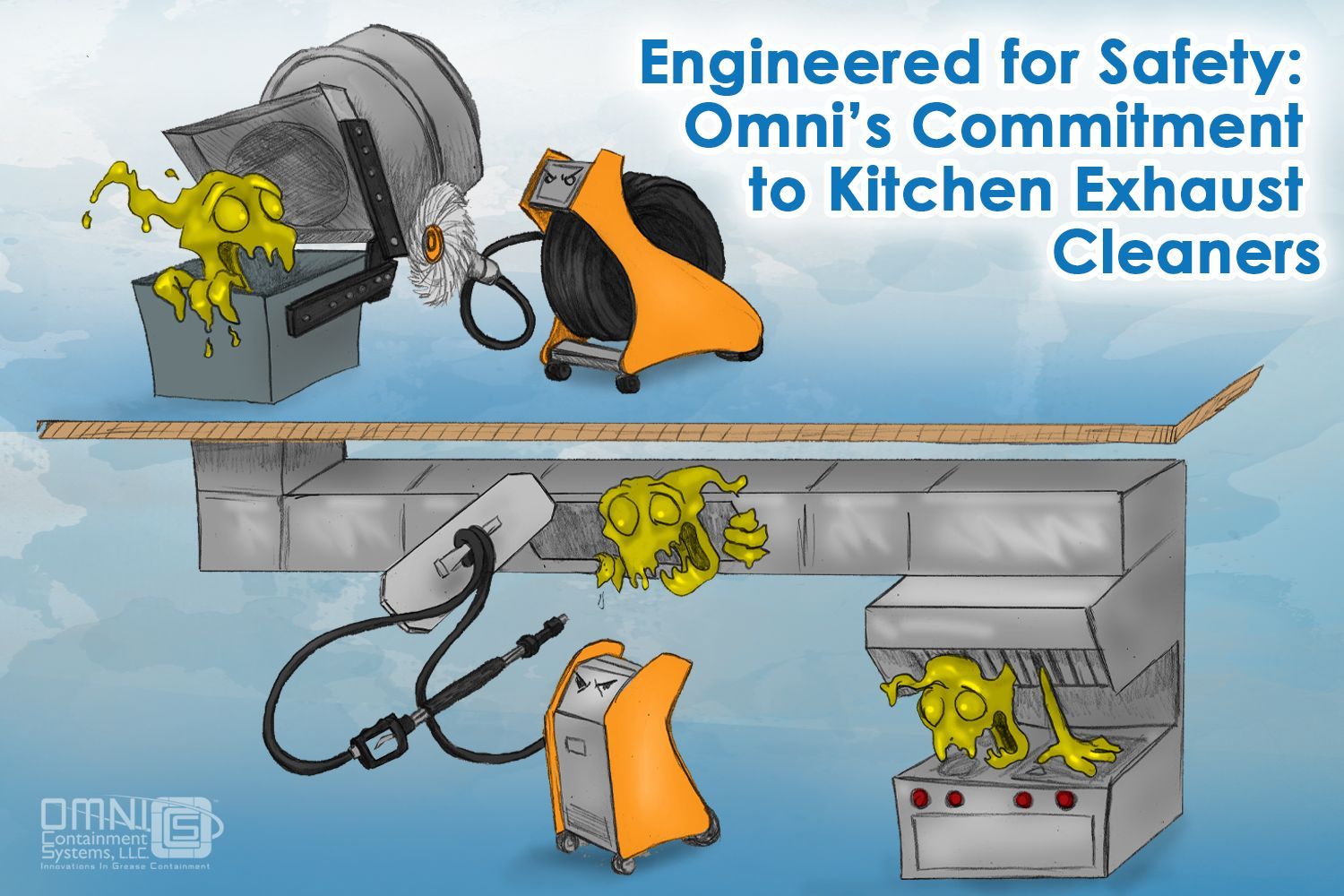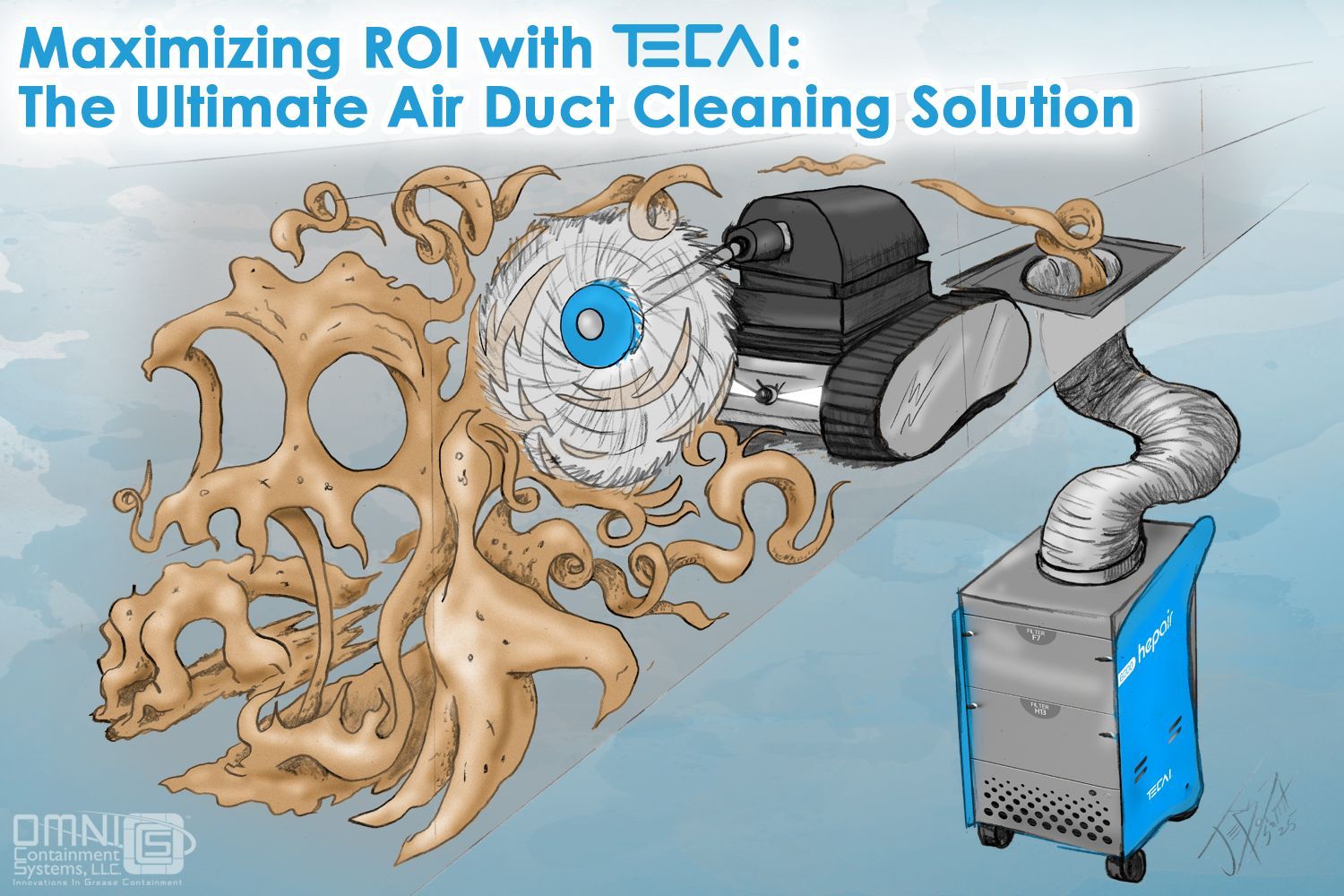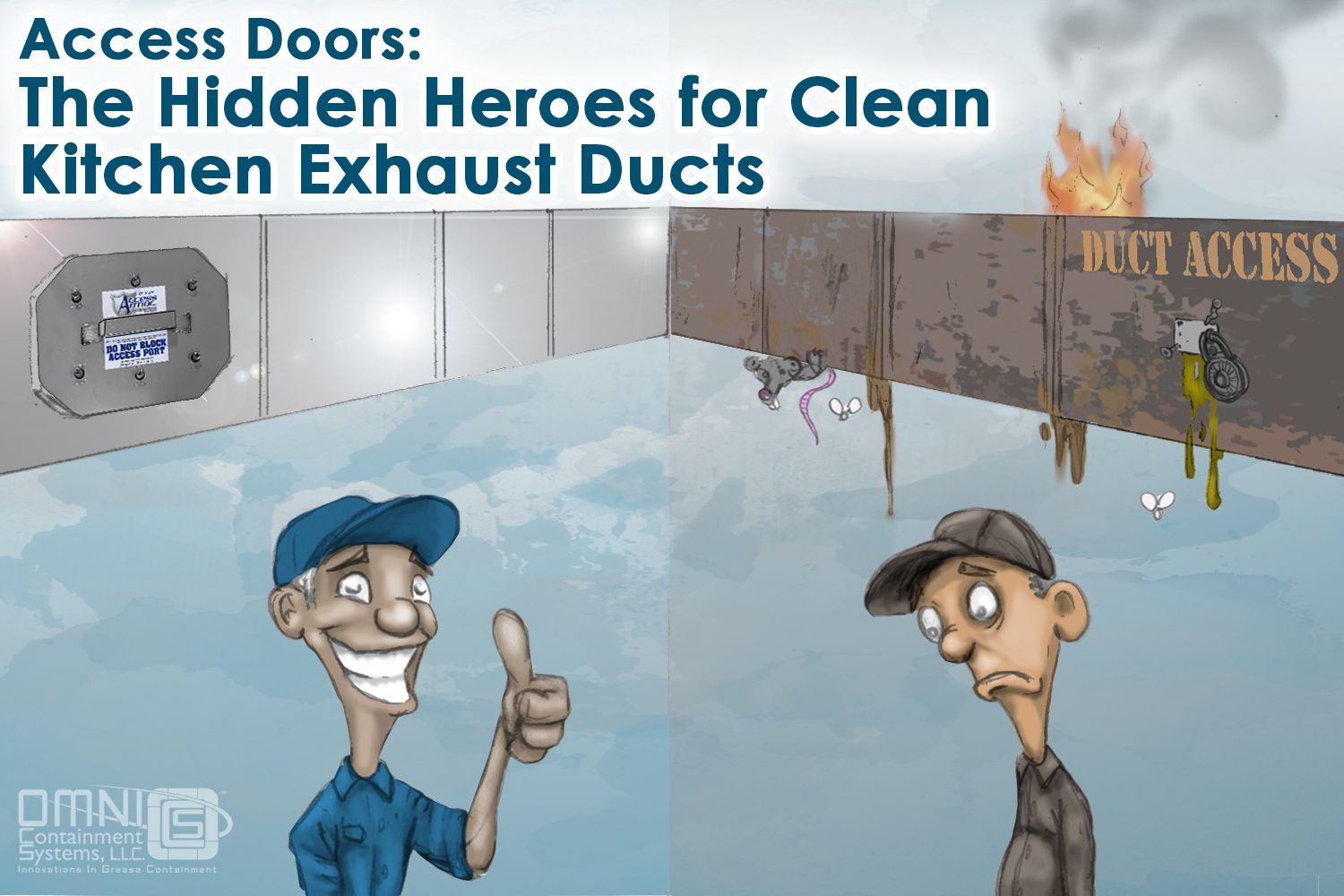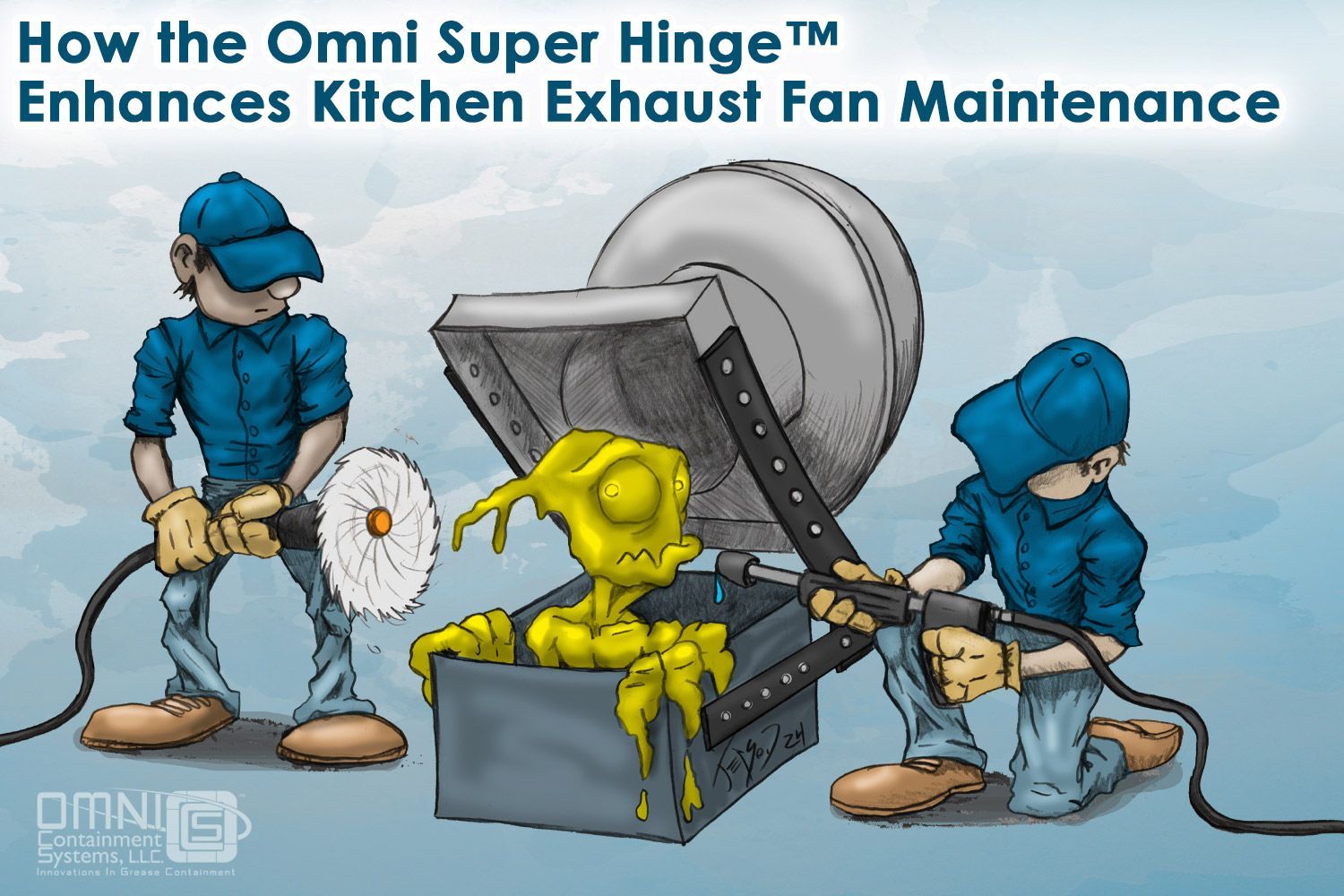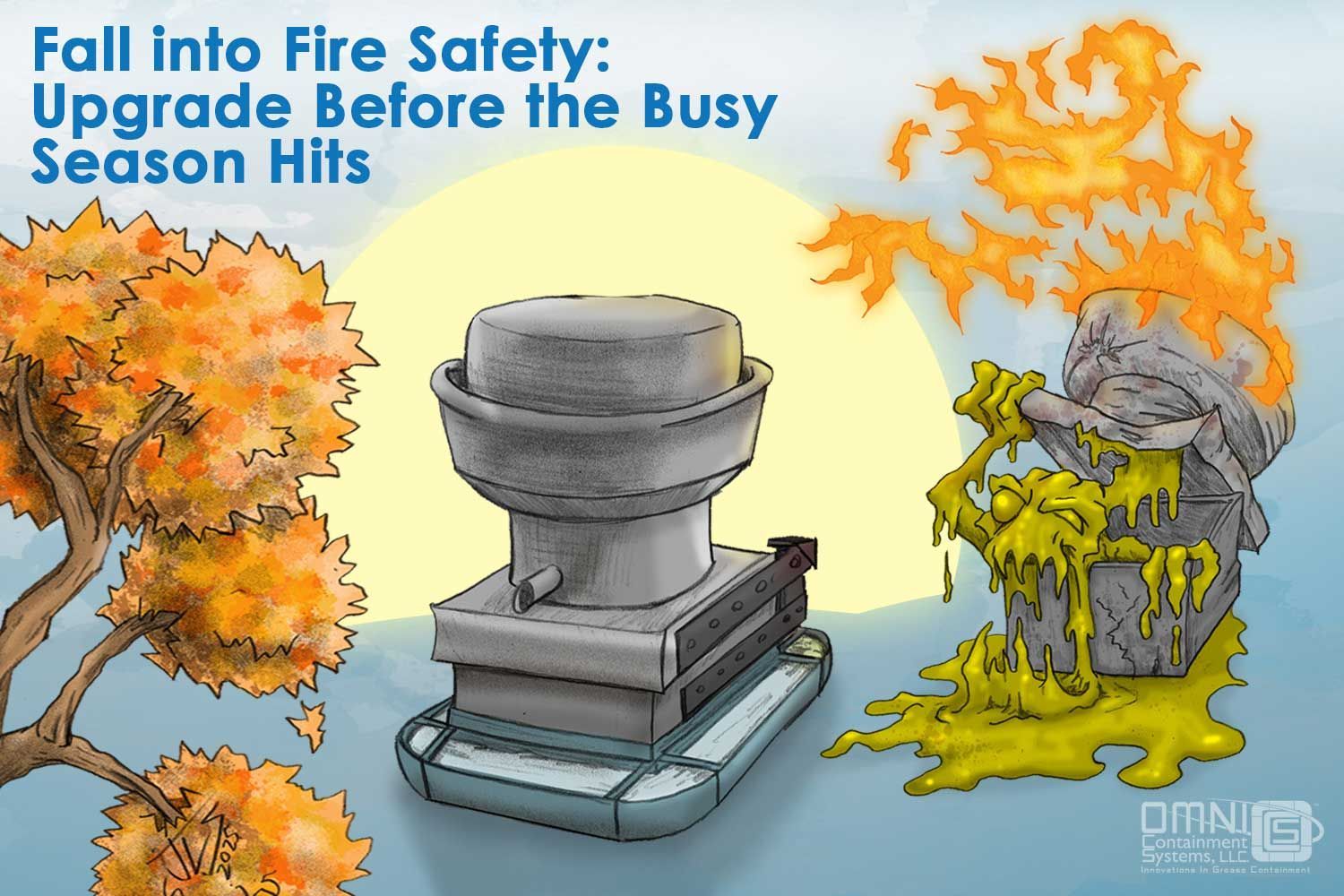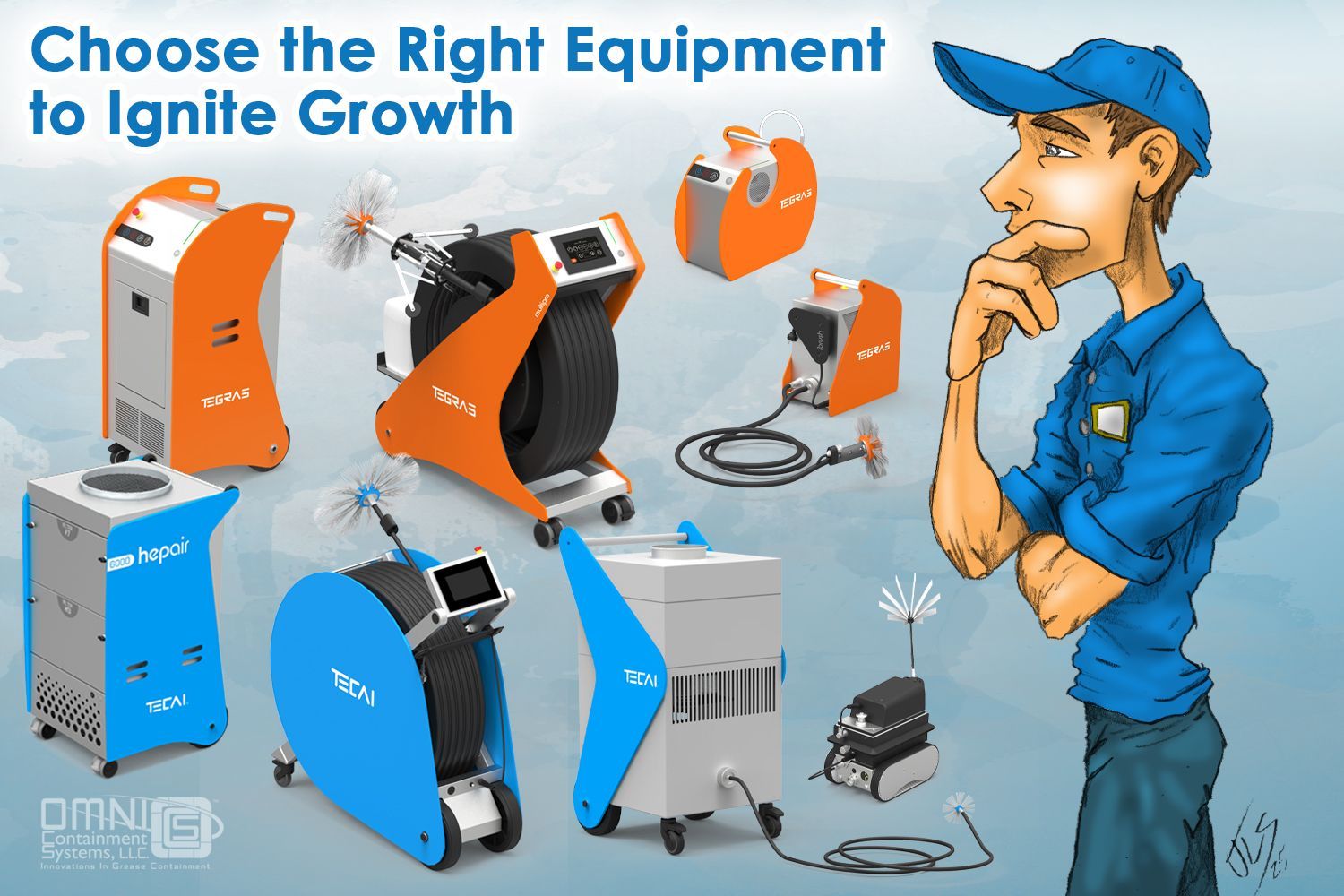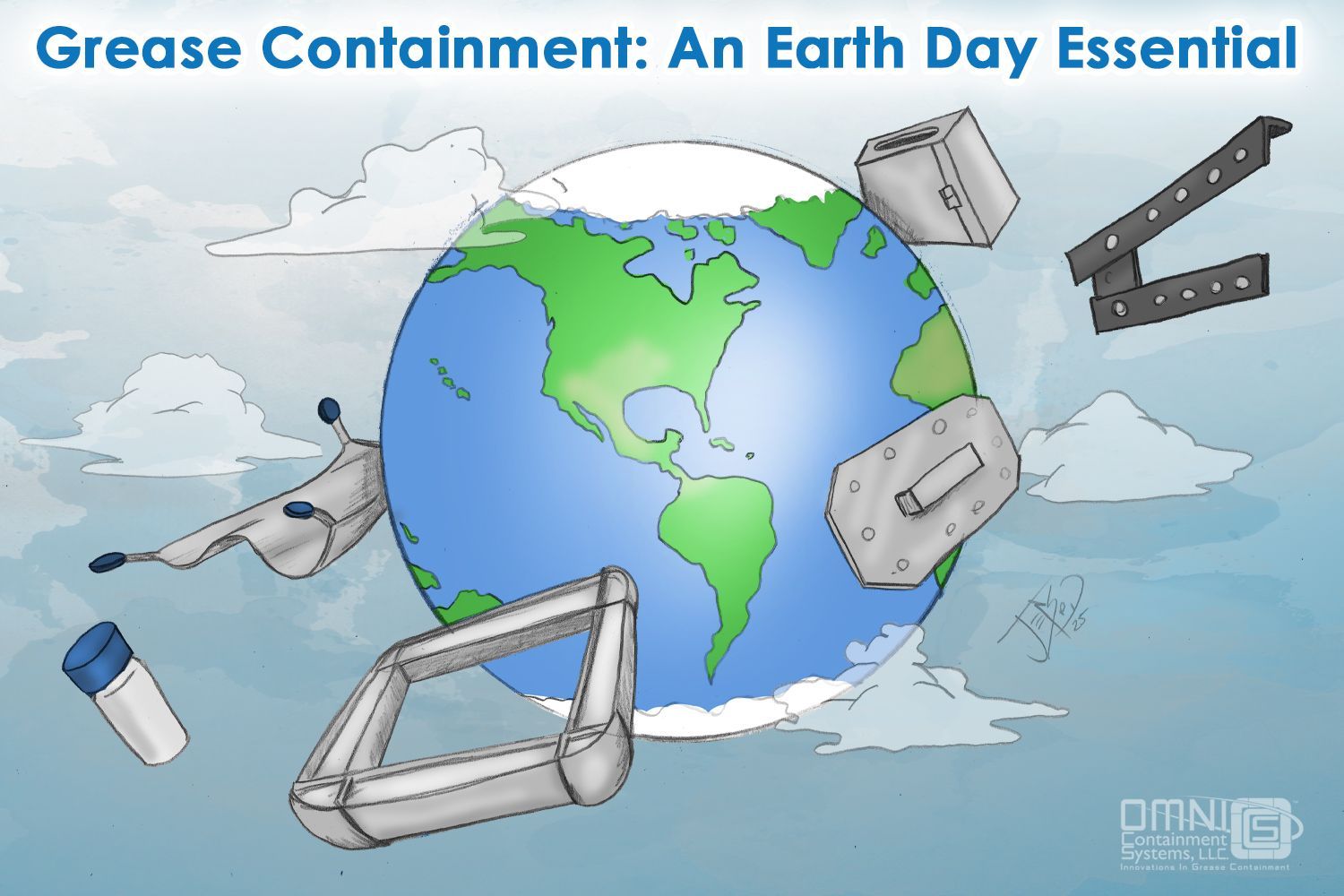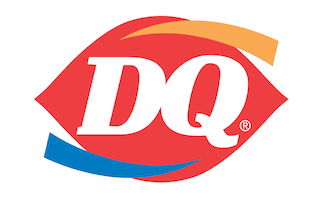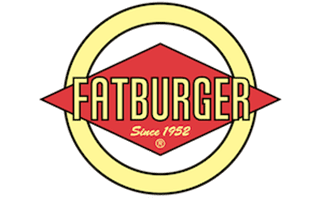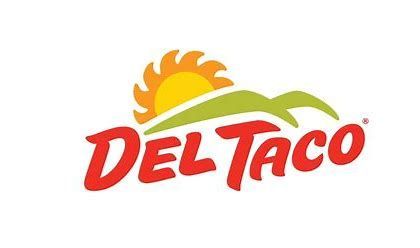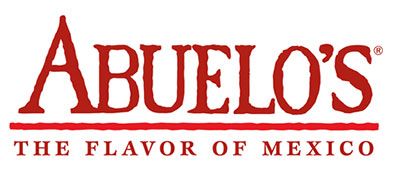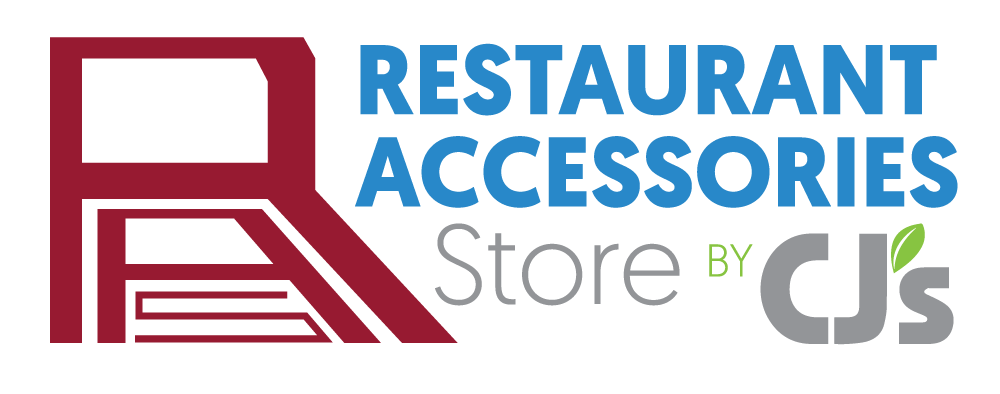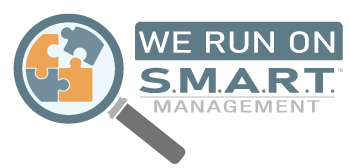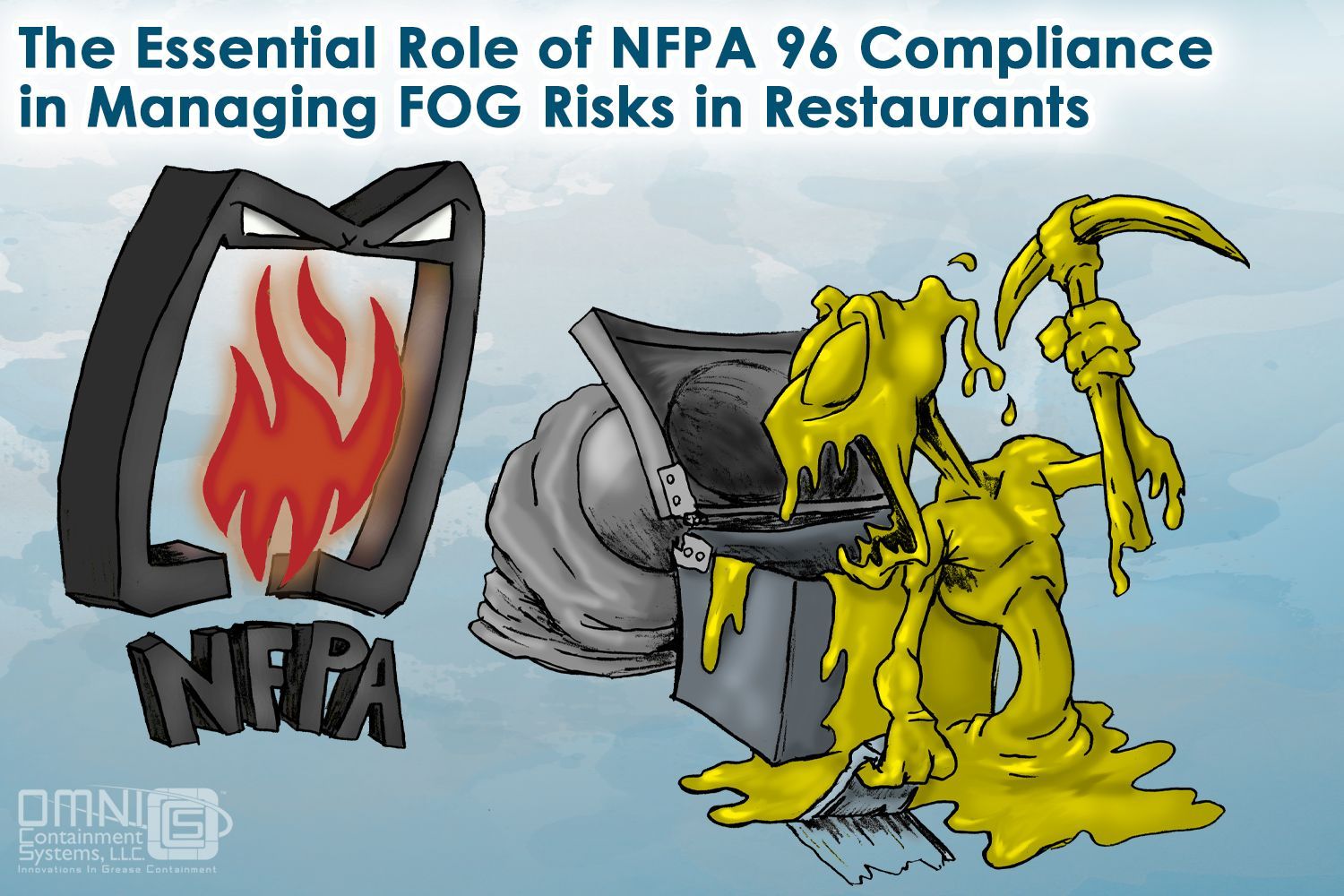
The Essential Role of NFPA 96 Compliance in Managing FOG Risks in Restaurants
The Environmental Impact of Grease Mismanagement
Grease released from kitchen operations doesn’t always remain confined to the roof. It can wash into rain gutters, storm sewers, or flow down the building’s sides, ultimately entering parking lots and storm drains. This can result in:
- Water Pollution: Grease entering storm sewers eventually reaches nearby streams or rivers, causing water discoloration, harm to aquatic life, and unpleasant odors.
- Structural Damage: Uncontrolled grease buildup can compromise the integrity of buildings and roofs.
- Regulatory Noncompliance: Environmental regulations often extend beyond the scope of NFPA 96, highlighting the need for more robust grease management systems.
Understanding Grease Behavior in Exhaust Systems
Kitchen exhaust systems are designed to remove heat, smoke, and grease generated by cooking appliances like stoves, grills, fryers, and ovens. As grease travels up the exhaust hood, it cools and condenses, forming deposits on ductwork and exhaust fans. While some grease accumulates within the system, excess grease can escape, impacting the environment and increasing fire risks.
Maintenance Challenges
Neglected maintenance of grease containment systems can lead to several issues, including:
- Grease buildup on rooftops.
- Overflow of grease from containment systems during heavy use.
- Grease contamination in outdoor areas, such as near dumpsters or on pavement.
For example, if an exhaust fan collects four quarts of grease every three months and absorbent pads (with a four-quart capacity) are replaced only once a year during fire inspections, an accumulation of 12 quarts can result. Such oversights contribute to environmental pollution and fire hazards.
Beyond NFPA 96: Addressing the Broader Scope of FOG Management
Effective FOG management requires additional measures beyond NFPA 96 guidelines. Key areas of focus include:
- Rooftop Runoff
Grease discharged onto rooftops can lead to environmental contamination. Regular maintenance of grease containment systems is essential to prevent grease from entering sewer systems. Properly designed systems, such as those offered by Omni Containment Systems, mitigate the risk of grease runoff. - Grease Dumpsters
Transporting grease from kitchens to outdoor dumpsters can introduce FOG into storm drains. Additionally, traditional cleaning methods in these areas often exacerbate the problem. Implementing pavement protection systems can minimize this risk. - Equipment Cleaning
Improper cleaning of kitchen equipment, especially when performed outdoors, can create environmental hazards. Strict adherence to cleaning protocols and NFPA 96 standards is essential.
The Role of Inspectors in FOG Management
Inspectors play a crucial role in identifying potential hazards that extend beyond NFPA 96 guidelines. Their responsibilities include:
- Assessing exhaust fans and surrounding areas for grease buildup.
- Determining the source of grease and ensuring a grease containment system is installed.
- Evaluating the condition of filters and ensuring saturated media is replaced promptly.
- Checking dumpster areas and pavement for grease contamination.
Proactive Solutions for Grease Management
Manufacturers like Omni Containment Systems offer advanced solutions to address the challenges of FOG management. These include:
- Rooftop Grease Containment Systems: Designed to prevent grease discharge from escaping onto rooftops and entering stormwater systems.
- Pavement Protection Systems: Protect outdoor areas from grease-related contamination and reduce the risk of environmental violations.
Conclusion
While NFPA 96 compliance is essential, restaurant operators must adopt additional measures to manage FOG effectively. Proactive maintenance of grease containment systems, proper cleaning practices, and the use of innovative solutions like those from Omni Containment Systems are crucial for minimizing fire risks and preventing environmental pollution. By integrating these practices into daily operations, restaurants can ensure safety, regulatory compliance, and environmental conservation.
Share This Blog Post!

